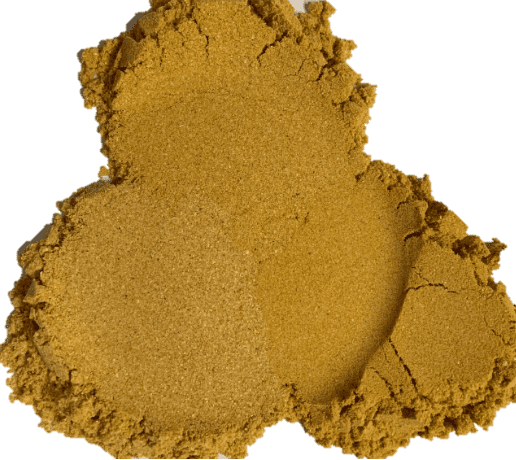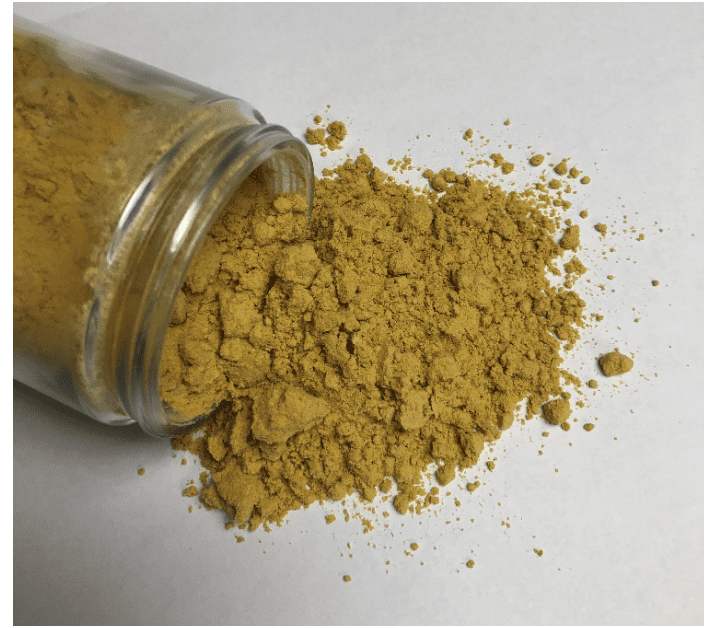Select Language:
ST Equipment & Technology (STET) water-free separation technology group recently completed pilot scale protein enrichment testing on dry distillers grains with solubles (DDGS), resulting in an +15% increase in absolute protein content of the distillers grain by separation of protein and fiber. This process offers ethanol producers, or feed ingredient users, a revolutionary method of generating a 50% protein DDGS co-product. The premium high protein product can be used in monogastric feed applications at high substitution ratios, and therefore can be sold at a premium.
The operating principle of the STET separator is electrostatic separation. Electrostatics has a large number of real-world, industrial applications. Perhaps the most relatable example of electrostatic phenomena is the effect of rubbing a balloon on a person’s hair. As the balloon, made of rubber, comes into contact with human hair, the rubber balloon removes electrons from the hair. The reason for this is due to the high electronegativity (ie – affinity for electrons) of rubber. The result is the balloon is left with a net negative charge, due to extra electrons, and your hair has a positive charge. Of course, like charges repel each other, so your hair stands up on end to maximize the distance between other, positively charged, strands of hair. In the case of DDGS, protein and fiber acquire opposite electrical charge upon contact with each other – allowing them to be separated from each other in the high strength electric field of the STET separator.
ST Equipment & Technology offers a method to differentiate ethanol produces distillers grain by increasing the protein content, and thus the value of the distillers grain as a feed ingredient. By processing with the STET separator, the protein content of the DDGS is increased by up to 15% absolute, by removing fiber. The benefit from this process is that the protein-rich (50% protein) DDGS is usable as a higher-value feed ingredient, and can be sold at a premium.
The STET electrostatic separation process is completely dry, requiring no water or chemicals. The STET separator operates continuously, is high rate (up to 20 tons per hour), and consumes little energy (about 3-4 kWhr / ton input material).

Benefits of the STET process for protein enhancement of DDGS:
Contact us today to learn how STET can help the profitability of your bioethanol process!
